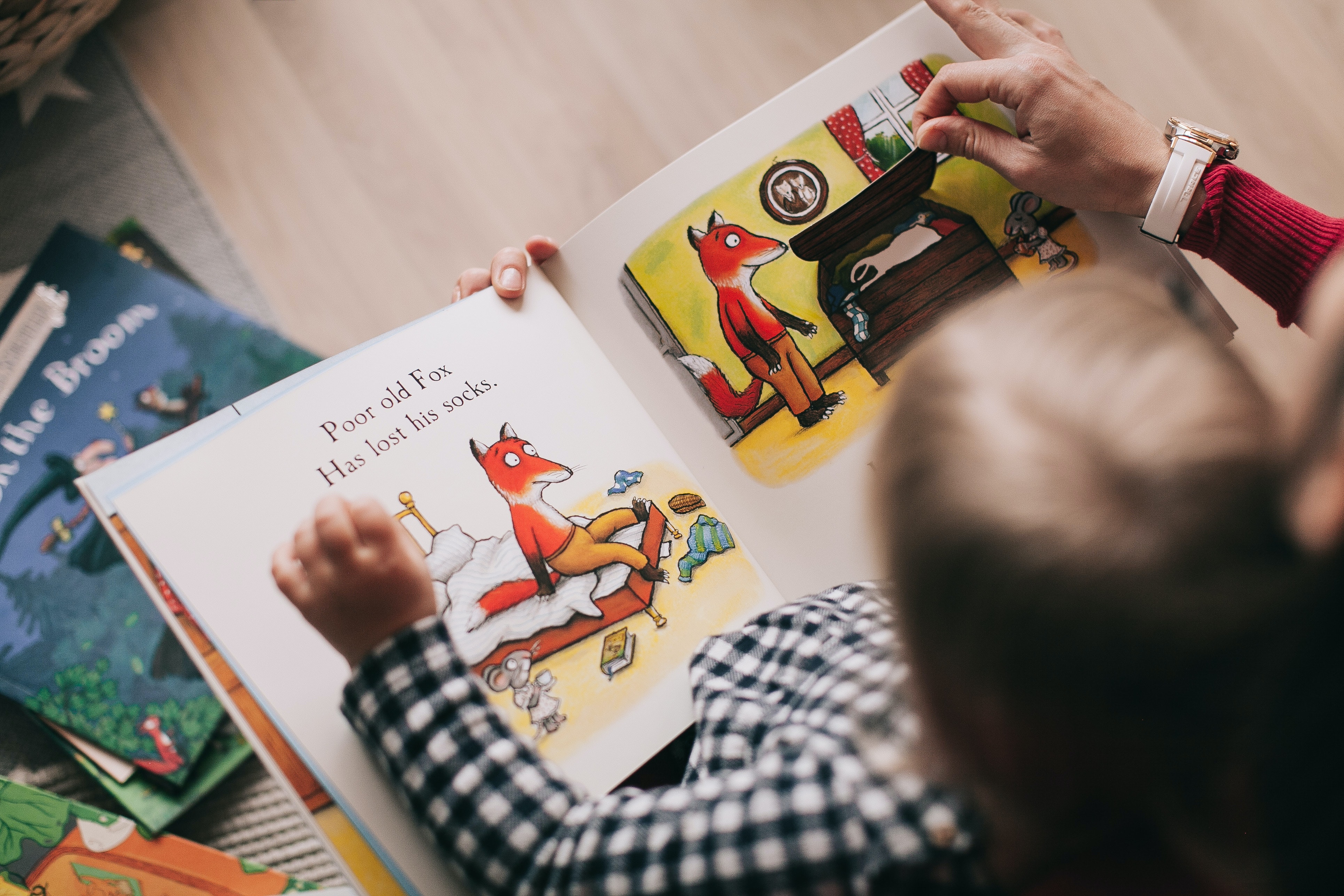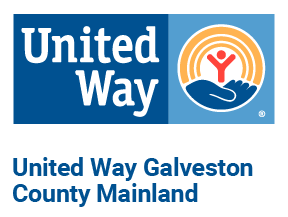
4 Skills Children Learn From Reading
How important is it for kids to learn to read and build strong literacy skills? Most experts agree it’s essential.
Research shows:
- An introduction to books early on is the single most significant factor influencing a child’s educational success.1
- Kids who read proficiently by third grade are four times as likely to graduate on time.2
- Earning a high school diploma helps kids avoid incarceration3, find a job that pays a sustainable wage4 and live a healthier life.5
Literacy skills are vital because opening a book leads to so much more than reading. Books help kids develop new skills and abilities that help them in school and after graduation. Here are four critical skills children learn when they read:
Skill #1: Empathy
Books provide an opportunity for kids to learn about people, places, cultures, activities and other things different from what they’re experiencing in their current environment. Reading stories of how others handle situations allows them to gain a new perspective. According to research from The New School in New York City,6 reading fiction improves a reader’s capacity to understand what others are thinking and feeling.
Skill #2: Self-confidence
Kids become what they see. When a character looks like or has similar characteristics to the child reading the book, the story can show them new possibilities. That could be a new career idea, a place they can travel, food they can eat or even different ways to react to things that are happening in their lives.
Additionally, activities like choosing their own book, reading aloud and problem-solving while reading can help children develop agency which leads to self-confidence. Encourage their development while reading by asking questions about characters in the book, like “what should she do next?” or “why do you think he did that?”
Skill #3: Expanded Vocabulary
The more words children read and hear, the more opportunities they have to expand their vocabulary. Knowing more words fosters better written and verbal communication – an essential skill for school and the workplace.
When reading out loud with kids, identify one new vocabulary word and talk about it. If the story has the word “spectacular,” ask them what they think it means, then share the definition as you know it: “Spectacular means very good.” Emphasize the pronunciation of new words to help kids connect the phonics to the letters within the words.
Skill #4: Pattern Recognition
Every story has a beginning, middle and end. The logical sequence of events in each story helps a reader understand what is happening. This story pattern can help kids start to recognize the order and sequence of effective communication. It can also help build pattern recognition that translates into other school subjects such as math and science.
Building literacy skills is critical to the success children can achieve. Having access to books and reading support is vital, and right now, too many children don’t have either. In the U.S., one in four kids grow up not knowing how to read at a basic level.7 The statistics are even grimmer for children who come from under-resourced neighborhoods. Three in five families who struggle to make ends meet have no books in their homes for their children.8
United Way Galveston County Mainland promotes literacy through our Dr. Seuss Summer Reading Camp to give more kids the opportunity to build the skills they need. Programs like these are possible because of generous supporters in our community. If you want more kids in our community to get access to the books they need, please consider volunteering or supporting today.
Sources
1 National Commission on Reading
2 Donald J. Hernandez, Double Jeopardy: How Third-Grade Reading Skills and Poverty Influence High School Graduation. The Annie E. Casey Foundation; Center
3 U.S. Bureau of Justice Statistics
4 U.S. Bureau of Labor Statistics
5 Center for Disease Control and Prevention
6 The New School in New York City via Scientific American
7 National Assessment of Educational Progress
8 Reading Literacy in the United States: Findings from the IEA Reading Literacy Stud
Sign Up For The Dr. Seuss Summer Reading Camp
The Dr. Seuss Summer Reading Camp is a great way for your children to learn the importance of literacy and education. Registration will open in June and we are now accepting book donations for children's books. Please call (409) 948-4211 to arrange a drop-off time and location.

